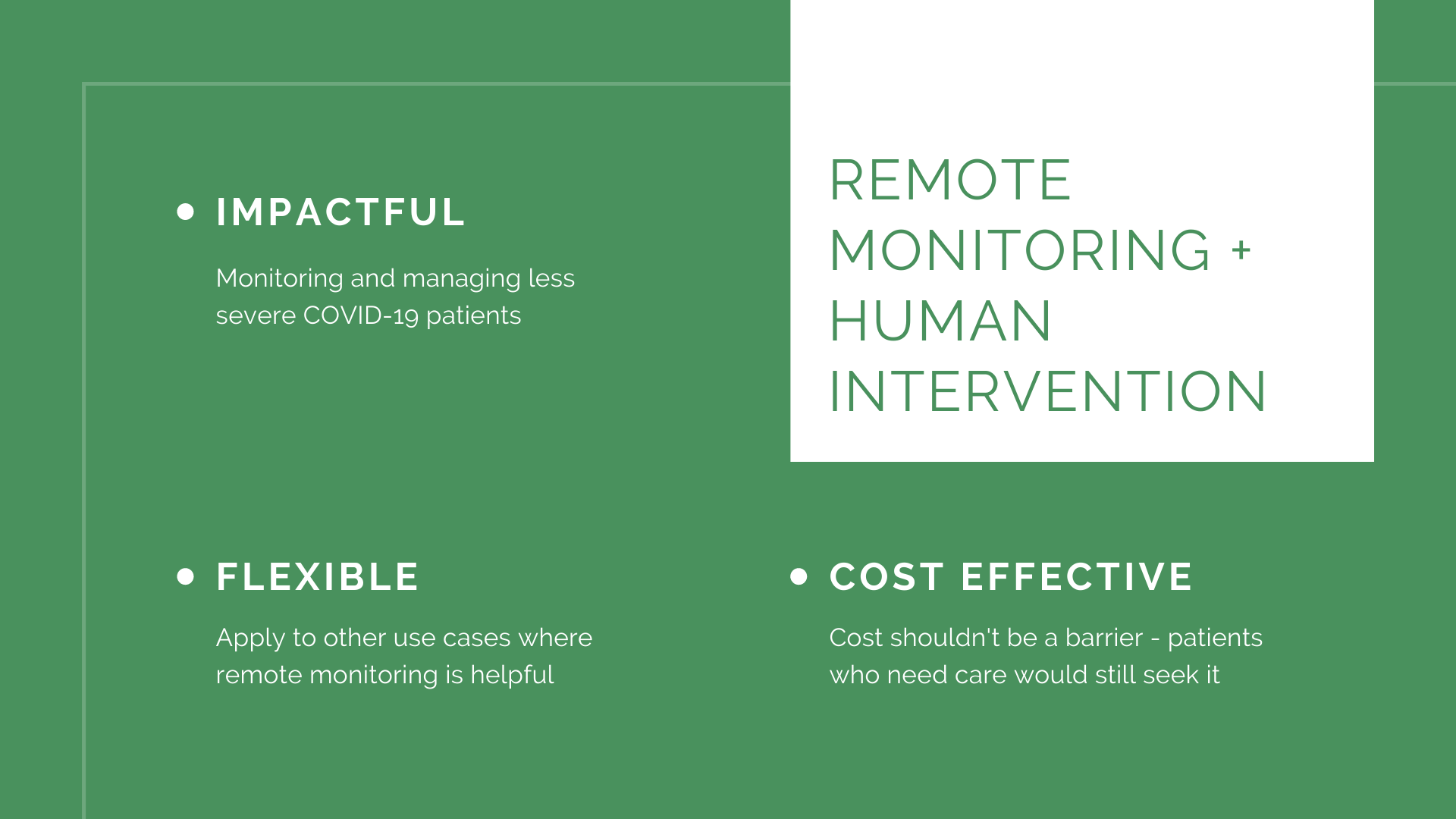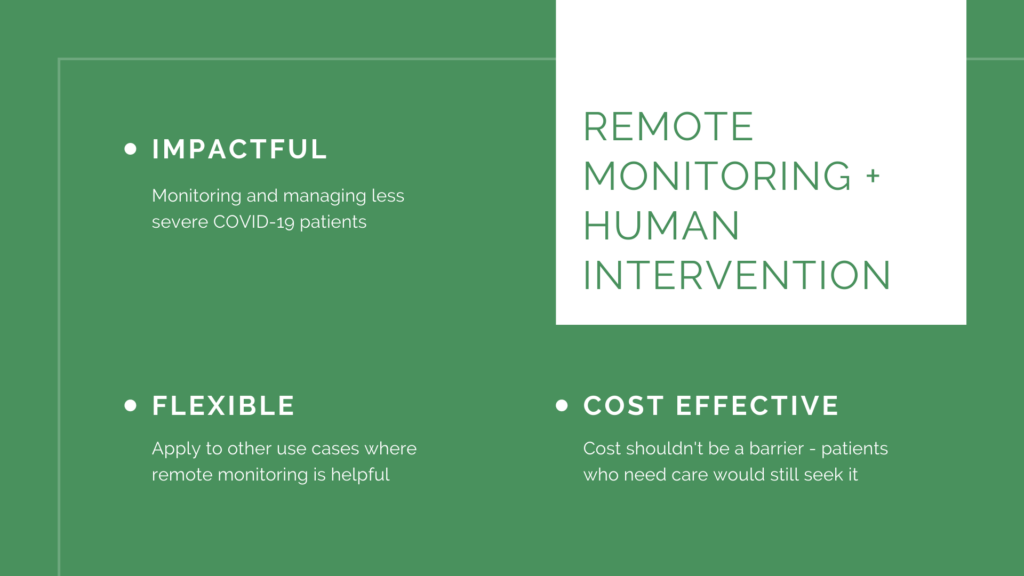An innovation team at the University of Pennsylvania Health System recently published the results of a program they deployed to monitor patients with COVID-19 or suspected to be infected called “COVID Watch” in NEJM Catalyst. The intent of the program was to monitor patients whose symptoms are not serious enough for hospitalization. Automatic text messages were sent twice a day for a 14 day period that could be extended by the patient for an additional 7 days. When worsening symptoms – shortness of breath in particular – were indicated a nurse was notified to contact the patient within an hour.

COVID Watch Program Results
The program’s enrollment and participation were both high and patients were very satisfied with the program. 78% of invited patients joined and remained in the program. 87.2% of participating patients responded to at least one of the daily messages. 17% of patient responses escalated to needing clinical care, 83% did not, and the net promoter score from patients was 80 – far exceeding industry benchmarks.
The study team noted several key takeaways, including:
Remote monitoring paired with human care was effective for monitoring and management of confirmed or suspected COVID-19 patients
The COVID Watch model could be applied to other use cases where interaction with the care team could be supplemented with remote monitoring
Added cost shouldn’t be considered a barrier to a program like this since the patients would need care one way or the other
“Automated systems for patient care are likely to be more effective, and have more use cases, if paired with human care in the form of escalation or exception management.”
Navigating Cancer’s Digital Health Solution
Navigating Cancer’s remote patient monitoring program, like COVID Watch, pairs automated check-ins with a care team who can intervene if symptoms worsen for cancer patients. This study confirms some of our early findings – patients will participate in a program like this, patients really appreciate the automated check-ins, and clinic care teams can manage incoming patient-reported outcomes within their existing workflow.
Read about Minnesota Oncology’s experience with Health Tracker, Navigating Cancer’s ePRO program, to learn more about how you might implement a similar program for your patients.

Health Tracker enables cancer care providers to deliver remote care and improve patient safety:
